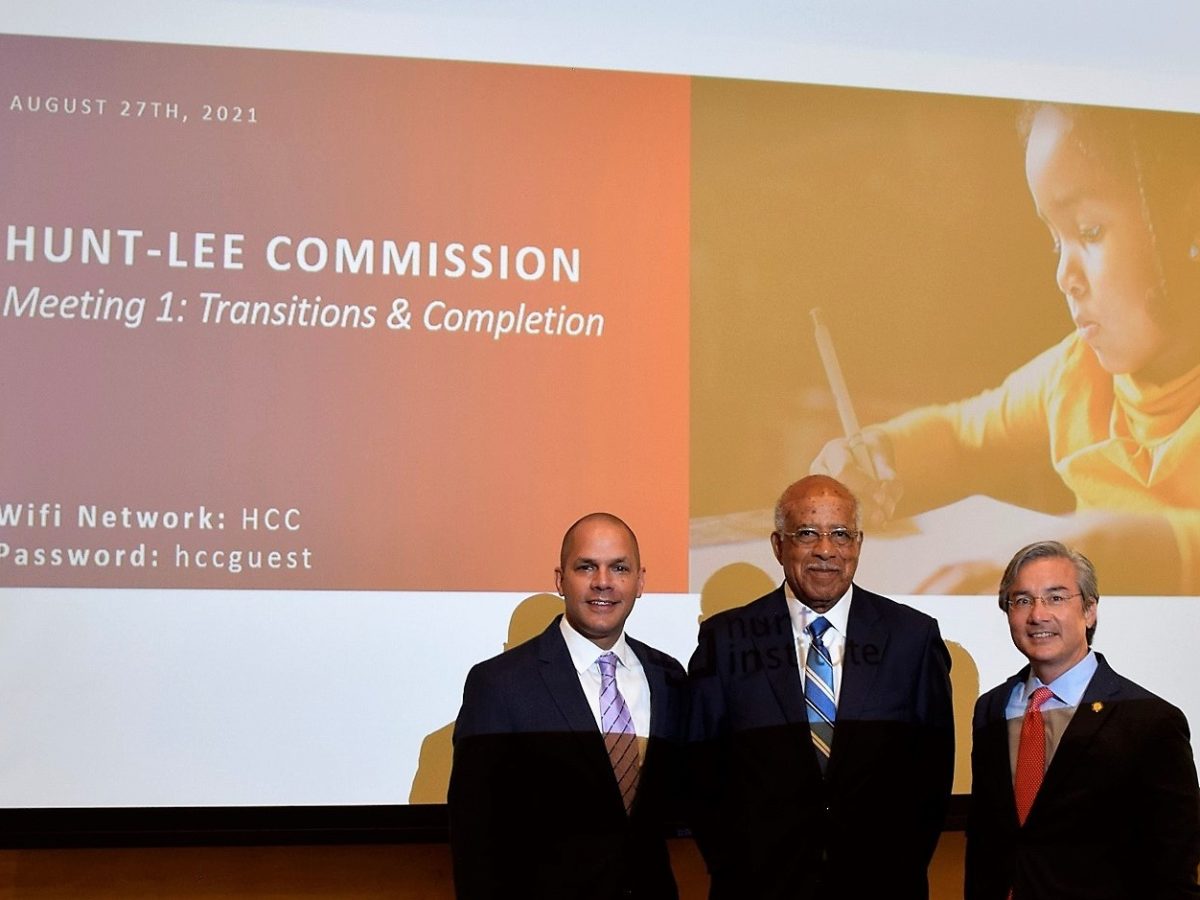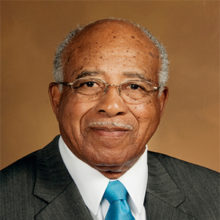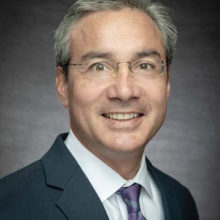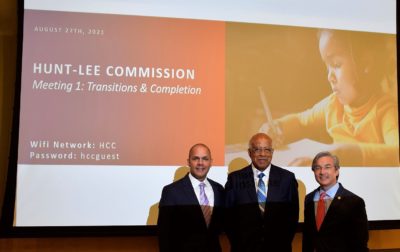
Education has long been a cornerstone of what makes North Carolina great. As members of The Hunt Institute’s board of directors, we ardently believe in Governor Hunt’s vision of bipartisan leadership fostering an education system that ensures our state is prepared to meet the needs of a growing economy.
Rather than viewing the systems that make up our education continuum in silos, we believe it is crucial to instead imagine a system that serves each student in our state from birth to entering the workforce. We know doing so requires the right leaders be at the table.
The Hunt-Lee Commission’s goal is to do exactly that — bring together a diverse group of leaders across policy, education, business, and philanthropy to ask a key question: If we could wave a magic wand to transform education in our state, what would we do?
Over the last six months, this commission has met to study and discuss challenges that have long been sticking points for North Carolina’s education system. We have heard from state and national experts on ways to truly move the needle on educational outcomes by strengthening transitions in education, building and maintaining governance structures that support alignment, creating funding systems that meet the needs of learners across our state, and ensuring that all students consistently have access to a high-quality education.
The strength of the commission lies in the voices of the practitioners and policymakers at the table who listen to and learn from each other. During each meeting, commission members work together to synthesize what we learn, apply the evidence and considerations to our North Carolina context, and identify recommendations for next steps. In our experience, dedicated time and space for these cross-sector conversations rarely exists, and it has been deeply impactful to witness new connections being made through our time together.
As we begin the new year, our focus remains on identifying actionable steps across policy and practice that will foster alignment and innovation. This spring, the commission will release a final report and recommendations to reflect our work to date. We welcome the opportunity to complete the work for this report together. We also look forward to working with the commissioners to ensure the big ideas we put forth transform into action.
We are deeply committed to this work, and we hope these conversations won’t stop in April. We believe there is great opportunity for this work to continue, giving space for dialogue across sectors, political parties, regions, and special interests to uncover solutions that will both do right by our children and strengthen our state for years to come.





